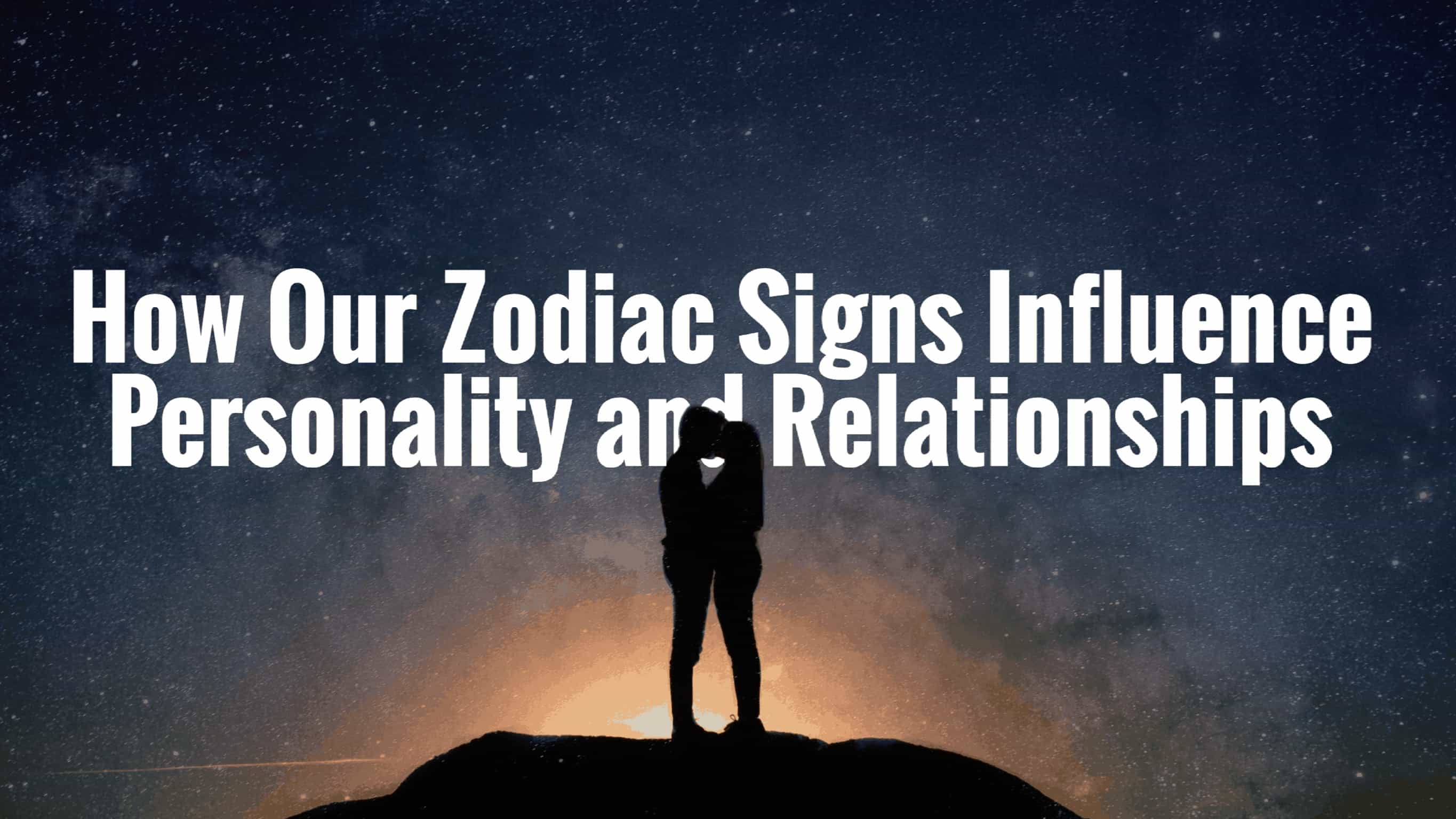Are you insecure? It can take a toll on you when you never feel accepted or secure. Your fears can cripple you, but insecurity impacts each person differently. There will be days you don’t feel safe in your skin, and there will also be times when the world seems to misunderstand you.
When you’re insecure, one of the main concerns is that the folks around you don’t understand how your brain operates. So being misunderstood may cause you to be even more insecure about yourself. Understandably, you don’t want to admit you live in fear. However, the first part of the healing process is understanding what’s happening inside and learning to change your mindset.
Fifteen Common Signs of Insecurity You Shouldn’t Ignore
Most folks with insecurities try to mask the intense anxiety they feel. One way to hide your feelings is with habitual behaviors, but the only problem is that you’ll find these behaviors no longer ease the pain. You may find they do the exact opposite and push people further away. Here are some common behaviors of the insecure person that you should never ignore.

1. Asking Repetitive Questions Reveals Insecurity
When you lack confidence and have low self-worth, you may find that you ask the same questions over and over. For instance, you got a new outfit that’s a little more daring than your usual style.
You feel apprehensive about wearing it out in public. You may ask family and friends fifty times if you look okay because you’re so insecure. The last thing you want to do is stand out in any way, as you don’t feel comfortable in your skin.
2. Frequently Apologizing Indicates Low Self-Worth
Do you find yourself apologizing for things whether you’re guilty or not? The thought of anyone being mad at you is more than you can handle. You don’t want to lose a relationship, so you’re eager to apologize. This is a clear indication that you have a lack of confidence, as you feel you constantly need to make things right.
3. Sabotage Relationships
You don’t mean to sabotage relationships, but your low sense of self-worth tends to be more than some people can handle. When you live in a constant state of fear, you will overreact to the simplest things.
It’s challenging for the other party to understand your insecurity and comfort you. Thus, you may find that your continual anxiety makes you avoid relationships as they don’t usually end well.
4. Groups and Large Gatherings Overwhelm an Insecure Person
If you have low self-worth and fight insecurities, you don’t like being in a group. You prefer to hang out in smaller, more intimate settings.
Going to something like a rock concert where there are tons of people would likely cause your anxiety to kick into overdrive. It’s expected that someone with insecurity in groups will find one person and cling to them.
5. Chronic Worrying Reveals Insecurity
The lack of confidence in yourself and the world around you causes apprehension. So you worry about everything. When you’re insecure, it seems like everything brings you anxiety.
You’ll worry about having an accident on the way to work even though you’re a great driver. Or, you may fear that you will be fired even when there’s no threat. Living in a constant state of unease can cause significant issues for your mental and physical well-being.
6. Wearing Emotions on the Sleeve Give Away the Insecure Person
Folks with insecurities within themselves often find that they’re easily offended. You wear your emotions on your sleeve and feel constantly wounded by the actions and words of others. It’s not uncommon for you to overreact and strike out at the person who offended you.
A significant amount of turmoil and anxiety occurs inside the mind of someone with insecurity issues. It’s hard to stop the overreactions because you can’t turn your mind and all the white noise of your lack of confidence off. So the slightest of offenses can send you over the edge.
7. Fear of Rejection Comes from Low Self-Worth
The fear of being rejected puts you in a powerful emotional state. It’s a vicious mental circle that grinds away at your confidence. Since these feelings are all anticipated emotions, you worry about things that will likely never happen.
Dr. Zimmermann from the University of New South Wales has extensively studied this common problem. He found that rejection is a normal part of life, and each person will experience it at some point. However, he states that how you process these feelings dictates whether you move on or become crippled by the fears. Social interactions are where you will find many of these fears, and negative experiences from the past can greaten these anxieties.
8. Constantly Asking if Someone Is Upset
You may find that you constantly ask people if they’re upset. The smallest of things can trigger you. Due to your lack of confidence, you automatically think that you’re the reason for someone’s upset.
Insecurity causes you to constantly gauge the emotions of those around you to ensure that you’ve not made anyone mad. It’s another sign of low self-worth coming through loud and clear.

9. Being Alone Is Overwhelming for an Insecure Person
Though you don’t like groups and can’t handle people getting too close, you don’t want to be alone. One of the worst fears for someone with insecurity issues is the pangs of loneliness.
When you have someone with you, you feel safe and whole. Losing someone close to you through death or disagreement can cause you to spiral into a deep depression. Your self-worth requires you to have someone to lean on, and you can be quite clingy.
10. Never Feeling Safe or Settled
Many times, insecurities come from past traumas and disappointments. This uneasiness can spread to your job, home, and even relationships. You’re always waiting for the rug to be pulled out from under you, and you never allow yourself to settle down.
You may find that you move a lot, switch jobs often, and jump from one relationship to another. There’s probably nothing wrong with these things in the first place, but your anxiety and insecurities won’t allow you to settle down and be happy.
11. Worrying People Talk Bad Behind Your Back
If you walk into a room and hear whispering, your insecurity will automatically make you think they’re talking about you. Your lack of confidence ensures they don’t like you and are discussing your hair, clothes, or other issues.
Your insecurity will make you worry about gossipers even when there’s no basis. It would help if you constantly confirmed that things were okay and no one was talking about you.
12. Pushing People Away Reveals Insecurity
One common thing when you have insecurities is that you don’t like folks getting too close. The closer someone is to you, the more likely you are to be hurt by them. You want to get close to people and develop meaningful relationships, but you often push folks away for fear of getting hurt. Your lack of confidence and self-worth prevents you from letting people into your inner circle.
13. Seeking Validation and Approval
Insecure people always seek the approval of others. You crave the acceptance of your peers like your next meal. Even when you get the desired acceptance, you refuse to see it. One University College London study explained how brain chemistry is why you need validation from others.
Researchers found that the ventral striatum area of the brain lights up when you feel validated. Using twenty-eight participants, they established that brain changes calm you when you feel supported and accepted.
14. Playing the Imposter Might Mean Insecurity
Like a turtle, it’s easy for you to develop a shell to retreat to when your anxiety is too much to manage. People may try to impress or get your attention, but they won’t see your insecurities until they get to know you better. You’re so good at playing the part and masking who you are that you often feel like an imposter.
15. An Insecure Person Relies on the Opinion of Others
Sadly, it’s commonplace that those with insecurity issues often define themselves by the opinion of others. You may let others dictate your self-worth, and your constant need to please can cause a massive problem with your self-esteem.
Final Thoughts on Knowing the Fifteen Key Signs of Insecurity
When you have an insecure nature, it’s not an easy thing to manage. Thankfully you can overcome this overwhelming anxiety that controls your life. First, you must go back to the root cause, such as trauma or other disappointments that cause this skewed way of thinking.
Going to a good counselor and using CBT therapy can help you process what happened so you can move on. If there’s no trauma in your life, use positive thinking and retrain your brain to stop the negativity. Your lack of confidence and self-worth are things that you can improve with time and patience.


















